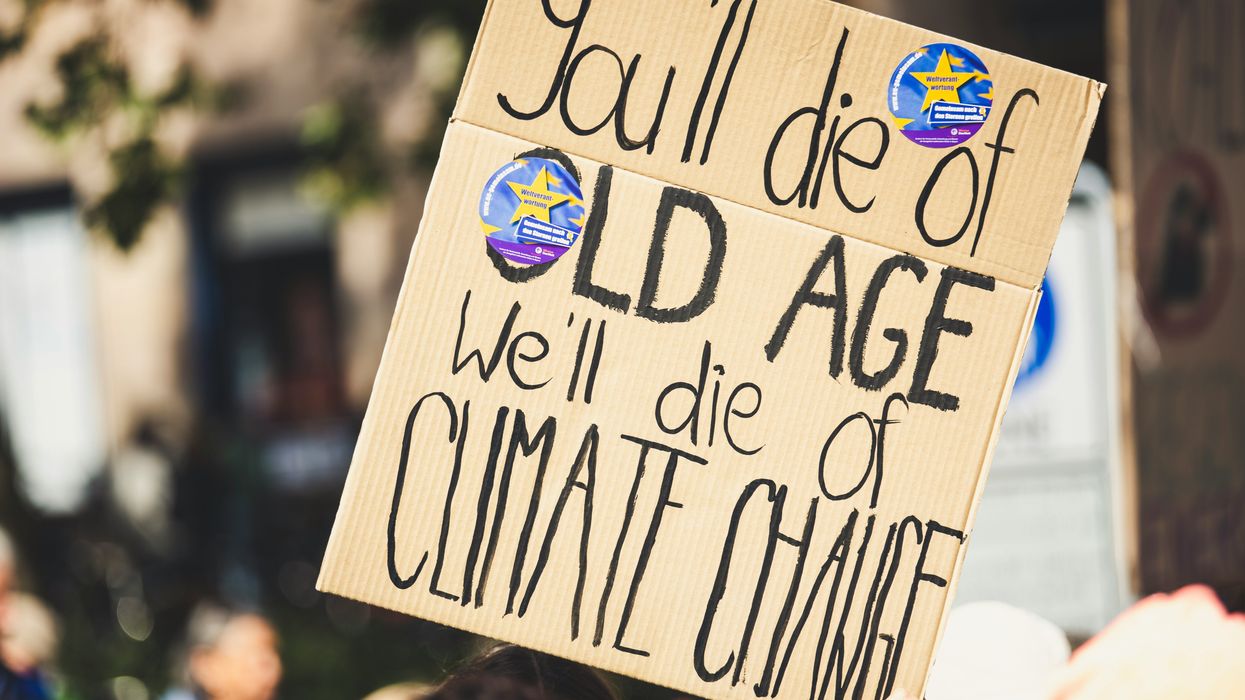Researchers who discovered microplastics in every human and canine testicle they examined warn that runaway plastic production is eroding fertility worldwide.
Van Badham writes for The Guardian.
In short:
- Scientists detected microplastic fragments in 100% of the human and dog testicles studied, adding to evidence that plastic pollution permeates every organ system.
- Delegates meeting this week for a sixth attempt at a global plastics treaty face fierce pushback from petrochemical producers and oil-exporting nations that profit from single-use plastics.
- Annual health costs linked to plastic exposure now top an estimated US $1.5 trillion, while researchers blame the particles for falling sperm counts and inflamed reproductive tissue.
Why this matters:
Microplastics — shreds of bottles, bags and synthetic fibers — now drift from Everest’s summit to the Mariana Trench and lodge in our blood, brains, and gonads. Because they’re derived from fossil fuels, their production is set to triple by 2060 unless nations agree to curb single-use packaging. Tiny though they are, these fragments act like chemical sponges, ferrying endocrine-disrupting additives and other toxics into the body, where they stoke inflammation, disrupt hormones, and may compromise fertility. Mounting evidence links the particles to everything from placental dysfunction to diminished sperm quality, sketching a public health threat that hits before birth and extends across generations. Yet fewer than one in 10 plastic items now gets recycled, leaving the rest to splinter, spread, and circulate in living tissue.
Related: Microplastics found in penises could link to erectile dysfunction
















